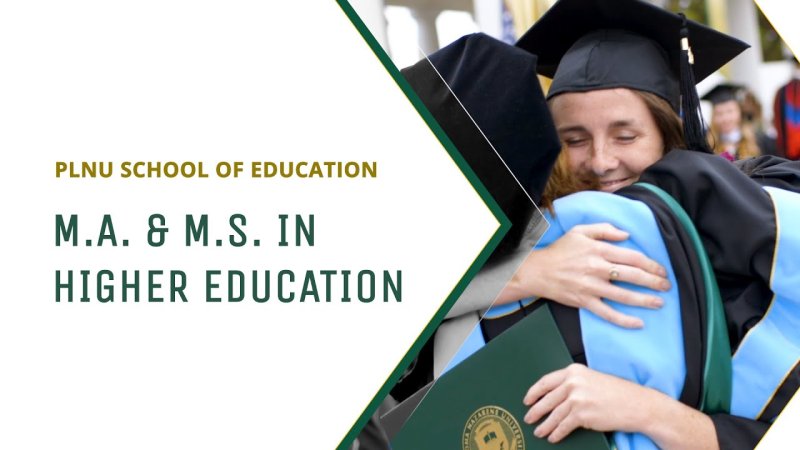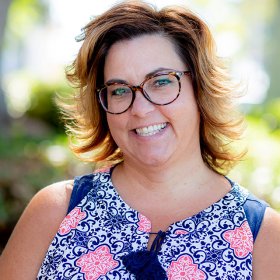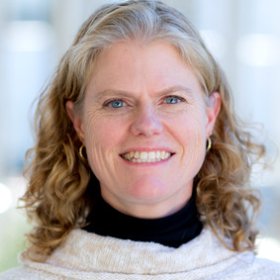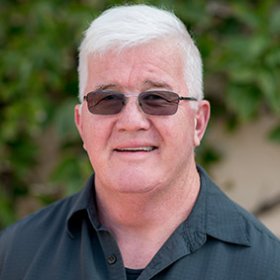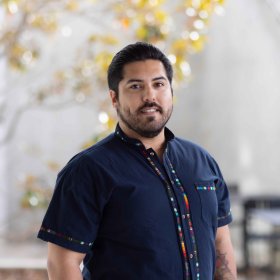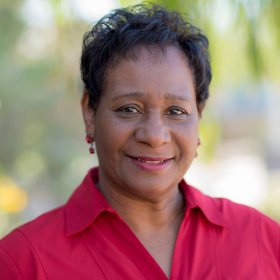Two compelling concentrations
PLNU now offers two concentrations for the master’s in higher education program. Discover which is right for you:
College Counseling and Advising:
Ideal for those who want to work at community colleges, four-year colleges, and nonprofit organizations. This concentration involves fieldwork focused on counseling and advising techniques, community interventions, and student-centered support services.
You’ll be prepared to work in career opportunities such as:
- Adjunct counselor
- Student success advisor
- Academic success coach
- Academic advisor
- And other student support roles
Student Affairs:
Perfect for those interested in working at four-year universities, nonprofit organizations, or college ministries. This concentration involves fieldwork focused on various student affairs department roles, co-curricular program reviews, and student retention and support.
You’ll be prepared to work in career opportunities such as:
- Resident director
- First year experience
- Student conduct
- Student activities & programs
- Student clubs & organizations
- And other student development roles
Gain classroom experience as you learn
Completion time for this program varies. Students take between 16–22 months.
The master’s in higher education program at PLNU is fully online asynchronous and consists of 36 semester units of coursework, including 335 hours of required fieldwork in a higher education context. Fieldwork is tiered with some initial requirements completed through assignments, observations, informational interviews, workshops, or conferences leading to a field placement when 250 hours are completed over two semesters (125 hours per semester).
Some courses require hours aligned with an assignment and may be completed at the same time as fieldwork. Master’s in higher education students will also have access to departments and individuals who may help complete these course requirements, and students will complete a thesis project based on their specific research interests. PLNU Graduate and Professional Services and the master’s in higher education program provide ongoing support for students in the way of faculty advising, fieldwork placement, writing, career services, and thesis coaching.
Lasting network of support
PLNU’s Education Associates alumni network keeps you connected long after graduation. Faculty members have a reputation for staying in touch and continuing to mentor students. Career counseling and additional professional development opportunities are always available to you.
Professional preparedness
Courses are aligned with industry standards that prepare graduate students to enter a career in higher education or leverage for the next step in their current position. Graduates apply relevant knowledge and research that can be used to design, implement, or manage programs to support the success of college students.
Accreditation: WSCUC
Pursue your purpose
Discover a deeper understanding of your purpose as it relates to serving the overall well-being of college student success.
Upon completion of PLNU's master’s in higher education, graduates will be able to/demonstrate:
- A proficient understanding of the knowledge, skills, and competencies needed for various roles in higher education contexts.
- Identify leadership theories, skills, and competencies required to effectively manage and lead in higher education.
- Application of research-based academic advising/counseling when assisting college students to persist, engage, and thrive.
- Utilize cultural literacy, humility, and flexibility in anti-racism practices in education planning, career goals, advising, personal development, and postsecondary transitions.
- Understand how to engage in meaningful discussions and actions that contribute to the promotion of anti-racism, diversity, equity, and inclusion on a college campus.
- Demonstrate critical thinking in understanding historical, political, and societal factors that have influenced higher education as an embedded part of United States society, including current trends in innovation and globalization.
- Design college student programming, implementation, and assessment of the needs of diverse and identity-based populations at the undergraduate and graduate levels, and in various higher education contexts (e.g., community colleges and four-year IHEs).
- Support students in utilizing successful learning practices in their program or course modality; remote, online, hybrid, or in-person formats.
- Utilize data and research to inform decision-making in planning to address contemporary issues in higher education (e.g., anti-racism, crisis management, mental health, risk assessment, substance abuse education, violence prevention, health and wellness practices, and spiritual/faith identity development, career readiness, and much more).
- Understand how to research, analyze, and apply ethical and legal standards in student affairs.
- Understand how to apply student development theories in leadership and management roles related to the support of emerging adults.
Professional Licensure or Certification
This program is approved by the Western Association of Schools and Colleges (WASC) Senior College & University Commission (WSCUC), where Point Loma Nazarene University is physically located. Credential programs such as the PPS and teaching credentials within PLNU’s School of Education are approved by the California Commission on Teacher Credentialing. Information about out-of-state requirements in teacher credentialing is available on this website.
